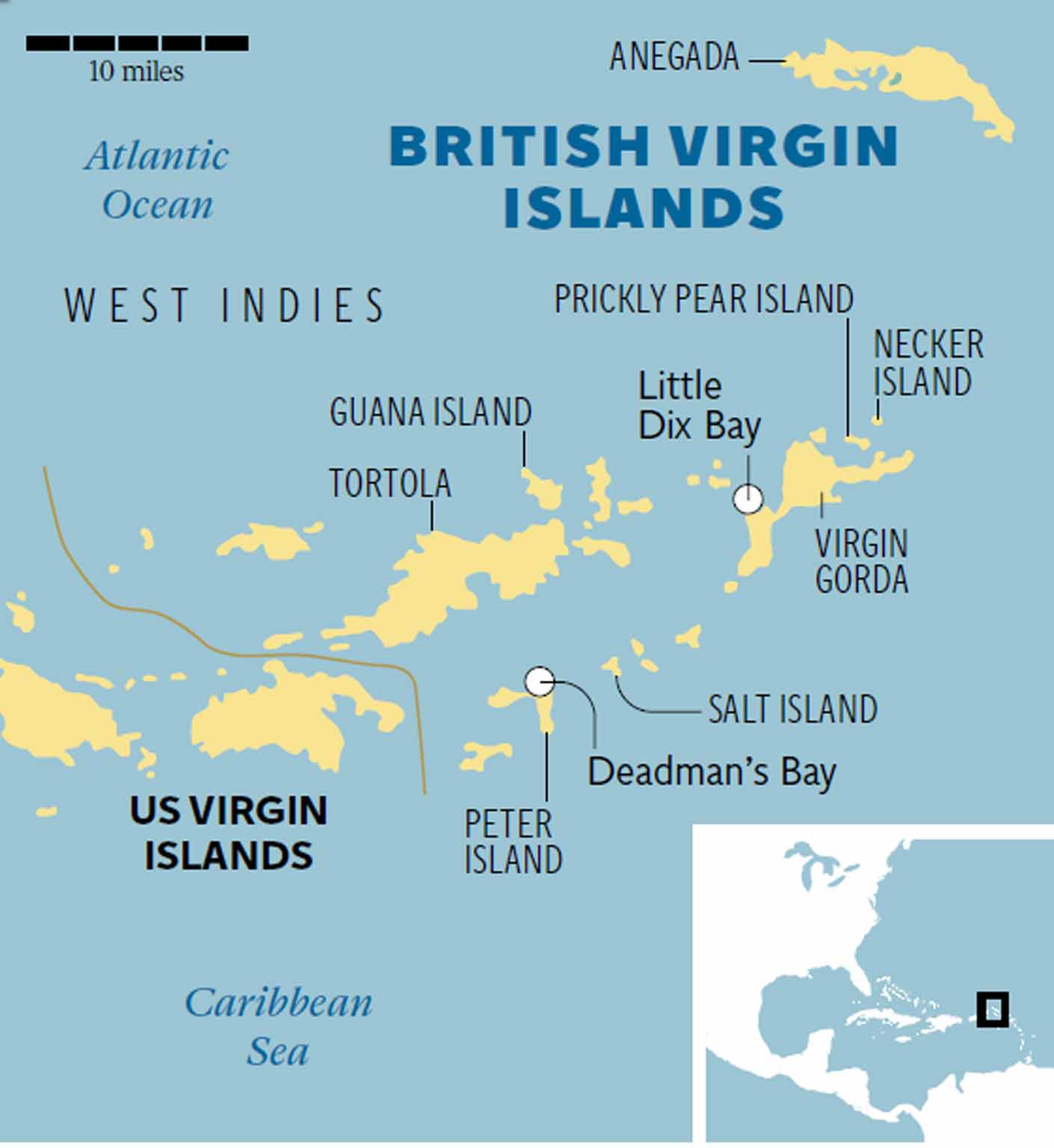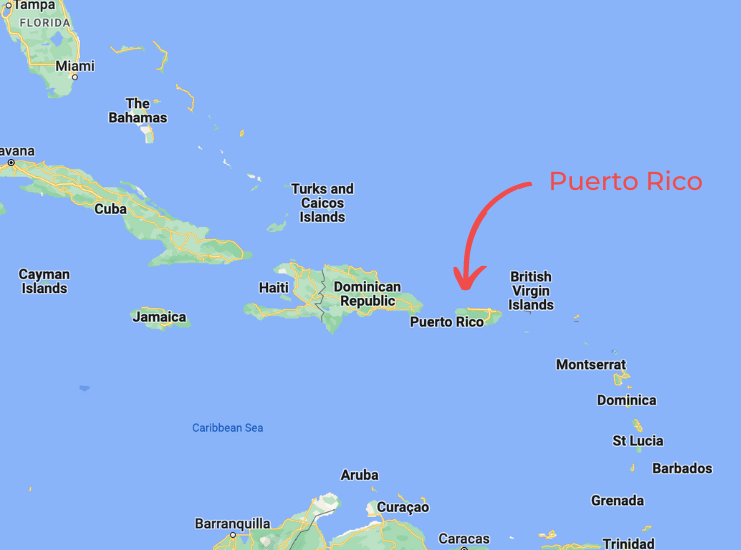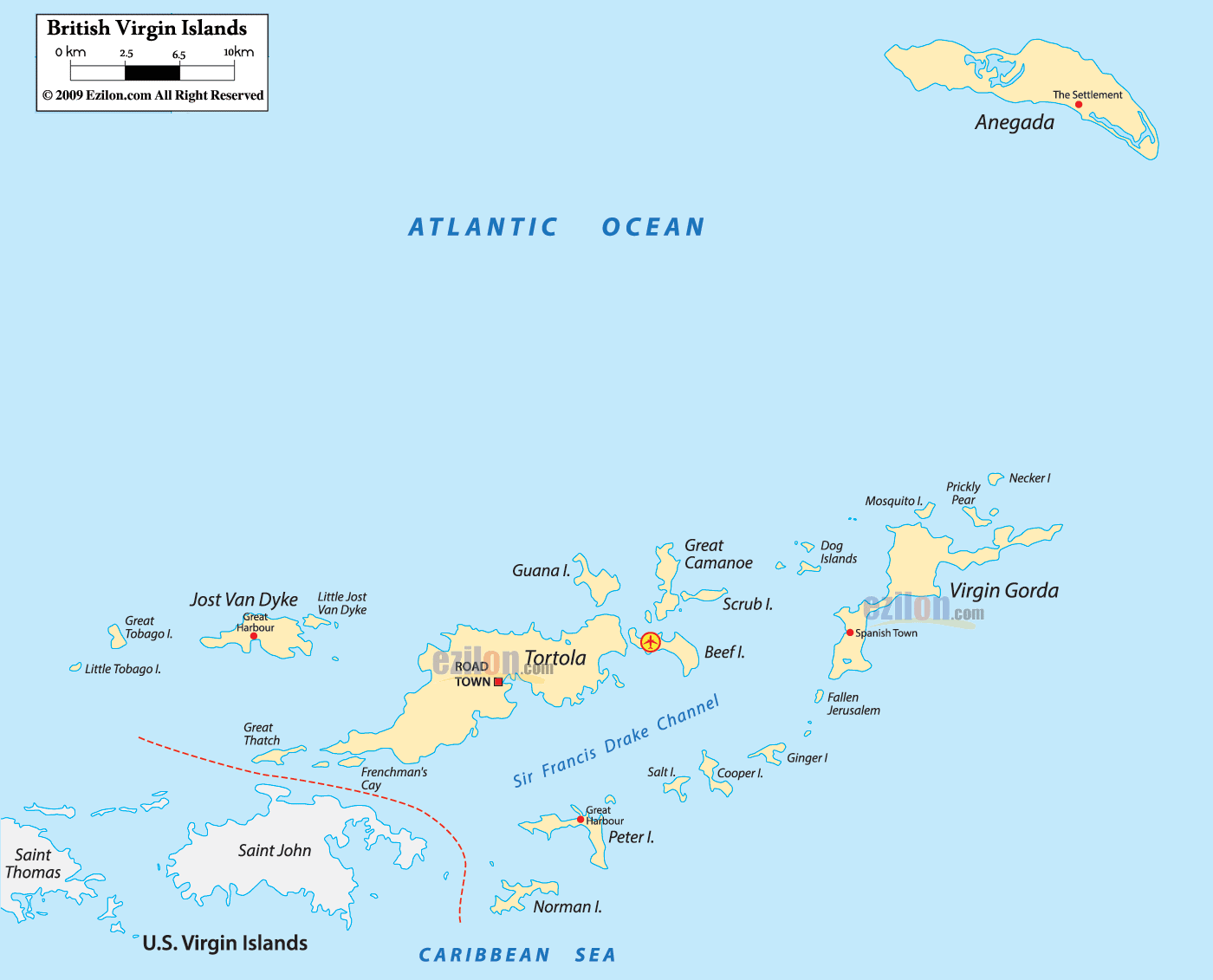Navigating the Caribbean: A Comprehensive Guide to the Maps of the Virgin Islands and Puerto Rico
Related Articles: Navigating the Caribbean: A Comprehensive Guide to the Maps of the Virgin Islands and Puerto Rico
Introduction
With great pleasure, we will explore the intriguing topic related to Navigating the Caribbean: A Comprehensive Guide to the Maps of the Virgin Islands and Puerto Rico. Let’s weave interesting information and offer fresh perspectives to the readers.
Table of Content
Navigating the Caribbean: A Comprehensive Guide to the Maps of the Virgin Islands and Puerto Rico
/Caribbean_general_map-56a38ec03df78cf7727df5b8.png)
The Caribbean Sea, a vibrant tapestry of turquoise waters and verdant islands, holds within its embrace two captivating destinations: the Virgin Islands and Puerto Rico. Each boasts a unique character, steeped in history, culture, and natural beauty. Understanding the geographical layout of these islands through maps is essential for any traveler seeking to explore their diverse offerings.
A Glimpse into the Virgin Islands
The Virgin Islands, a captivating archipelago nestled in the eastern Caribbean Sea, comprises three primary entities: the United States Virgin Islands (USVI), the British Virgin Islands (BVI), and the Spanish Virgin Islands. The USVI, encompassing St. Thomas, St. John, and St. Croix, is a popular tourist destination known for its vibrant capital city, pristine beaches, and lush national parks. The BVI, a collection of over 60 islands and cays, offers a tranquil escape with secluded beaches, world-class sailing, and breathtaking natural landscapes. The Spanish Virgin Islands, comprising the small islands of Culebra and Vieques, are a part of Puerto Rico and offer a blend of Caribbean charm and unspoiled natural beauty.
Navigating the US Virgin Islands
The US Virgin Islands, a US territory, are geographically situated east of Puerto Rico. St. Thomas, the largest and most populous island, is home to the capital city, Charlotte Amalie, a bustling port with vibrant markets and historical landmarks. St. John, known for its pristine beaches and lush Virgin Islands National Park, offers a serene escape for nature enthusiasts. St. Croix, the largest of the three islands, is a cultural hub with sugar plantation ruins, vibrant coral reefs, and a rich history.
Exploring the British Virgin Islands
The British Virgin Islands, a British Overseas Territory, lie east of Puerto Rico and the US Virgin Islands. Tortola, the largest island, is home to Road Town, the capital city, and boasts stunning beaches, lush hills, and a vibrant nightlife. Virgin Gorda, known for its iconic Baths, a natural wonder of sculpted granite boulders and turquoise waters, is a popular destination for snorkeling and diving. Other notable islands include Anegada, renowned for its vast white sand beaches, and Jost Van Dyke, a small island with a laid-back atmosphere and excellent sailing opportunities.
Discovering the Spanish Virgin Islands
The Spanish Virgin Islands, part of Puerto Rico, consist of Culebra and Vieques. Culebra, known for its pristine beaches and the vibrant coral reefs of the Culebra National Wildlife Refuge, offers a tranquil escape. Vieques, with its bioluminescent bay and secluded beaches, provides a unique and unforgettable experience for visitors.
Understanding the Geography of Puerto Rico
Puerto Rico, a US territory located in the northeastern Caribbean Sea, is the largest island in the Lesser Antilles. Its diverse landscape encompasses lush rainforests, rugged mountains, and pristine beaches. The island is divided into 78 municipalities, each with its unique character and attractions.
Navigating the Puerto Rican Landscape
San Juan, the capital city of Puerto Rico, is located on the northern coast and is a vibrant cultural hub with historic forts, colonial architecture, and bustling markets. The island’s interior boasts the lush El Yunque National Forest, a tropical rainforest with diverse flora and fauna. The southern coast offers a variety of pristine beaches, including the famous Flamenco Beach in Culebra.
The Importance of Maps in Exploring the Virgin Islands and Puerto Rico
Maps serve as invaluable tools for navigating these captivating islands, providing crucial information about:
- Island Layout and Geography: Maps depict the physical features of the islands, including mountains, valleys, coastlines, and rivers. This understanding allows travelers to plan their itineraries effectively, choosing destinations based on their interests and preferences.
- Location of Points of Interest: Maps highlight key attractions, such as historical sites, natural wonders, beaches, and cultural landmarks. This information enables travelers to discover hidden gems and plan their exploration efficiently.
- Transportation Routes: Maps illustrate road networks, ferry routes, and air connections, facilitating seamless travel between destinations. This information helps travelers choose the most convenient and efficient transportation options for their journey.
- Understanding Regional Differences: Maps help differentiate the unique characteristics of each island or region, allowing travelers to select destinations aligned with their interests. For example, a map can reveal the difference between the bustling city of San Juan and the tranquil beaches of Culebra.
FAQs about Maps of the Virgin Islands and Puerto Rico
Q: What is the best way to access maps of the Virgin Islands and Puerto Rico?
A: Numerous resources offer detailed maps of the Virgin Islands and Puerto Rico, including:
- Online Mapping Services: Websites like Google Maps, Apple Maps, and Bing Maps provide interactive maps with detailed information on roads, points of interest, and transportation options.
- Travel Guidebooks: Many travel guidebooks for the Virgin Islands and Puerto Rico include comprehensive maps with key attractions and transportation routes.
- Tourist Offices: Local tourist offices in both destinations offer free maps and brochures with information about attractions, activities, and transportation.
Q: Are there specific maps for different types of travelers?
A: Yes, specialized maps cater to various traveler needs:
- Hiking and Outdoor Maps: Maps highlighting trails and nature reserves are available for hikers and outdoor enthusiasts.
- Sailing and Boating Charts: Nautical charts provide detailed information on waterways, navigation hazards, and anchorages for boaters.
- Historical and Cultural Maps: Maps highlighting historical sites, museums, and cultural landmarks are available for those interested in exploring the region’s heritage.
Q: What are some essential features to look for in a map of the Virgin Islands or Puerto Rico?
A: When choosing a map, consider these key features:
- Clarity and Detail: The map should be clear and easy to read, with detailed information about roads, points of interest, and transportation routes.
- Scale and Accuracy: Ensure the map scale is appropriate for your needs and that the information is accurate and up-to-date.
- Accessibility: Choose maps that are readily available online, in guidebooks, or at tourist offices.
- Language Support: Ensure the map is available in your preferred language.
Tips for Using Maps of the Virgin Islands and Puerto Rico
- Plan Your Itinerary: Use maps to plan your route and identify key destinations based on your interests.
- Research Transportation Options: Maps can help determine the best transportation options for traveling between destinations, including ferries, buses, rental cars, and taxis.
- Explore Local Neighborhoods: Maps can reveal hidden gems and local neighborhoods that offer unique experiences and insights into the island’s culture.
- Stay Updated: Check for updates to maps, as roads, attractions, and transportation routes can change over time.
- Use Maps in Conjunction with Other Resources: Combine maps with travel guides, online resources, and local recommendations for a comprehensive understanding of the islands.
Conclusion
Maps of the Virgin Islands and Puerto Rico are essential tools for exploring these captivating destinations. By understanding the geographical layout, identifying key attractions, and navigating transportation routes, travelers can fully immerse themselves in the diverse offerings of these Caribbean gems. From the vibrant culture of San Juan to the pristine beaches of St. John, maps provide the key to unlocking the secrets and beauty of these islands, enabling travelers to create unforgettable memories and experiences.








Closure
Thus, we hope this article has provided valuable insights into Navigating the Caribbean: A Comprehensive Guide to the Maps of the Virgin Islands and Puerto Rico. We appreciate your attention to our article. See you in our next article!